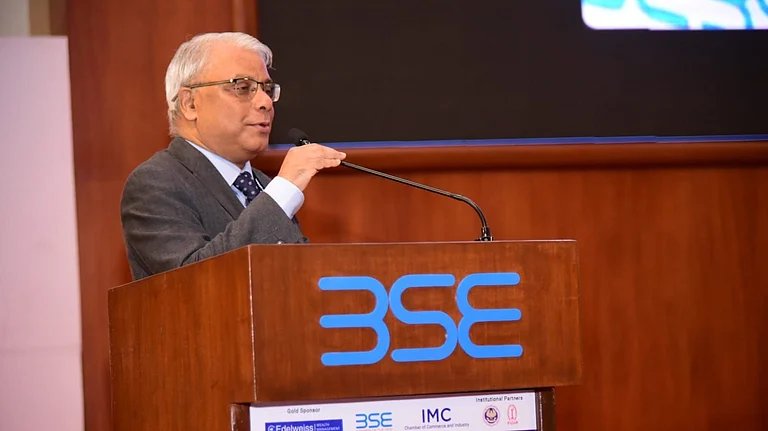A week after accounting firm PricewaterhouseCoopers (PwC) submitted its report on accounting discrepancies at IndusInd Bank, the lender is still awaiting the forensic audit report from Grant Thornton (GT). The Hinduja Group-owned bank is holding off on publishing its full-year financial results for FY2024-25 (FY25) until GT submits its findings, according to a report by The Economic Times (ET).
The Reserve Bank of India has reportedly urged IndusInd Bank to finalise its annual accounts by April 30. To meet this deadline, GT—appointed to investigate the accounting issues—must submit its report soon. The bank's auditors will then need time to review GT’s findings alongside PwC’s earlier report before signing off on the accounts.
GT’s appointment under SEBI’s LODR (Listing Obligations and Disclosure Requirements) framework gives it a broader investigative mandate. Auditors are seeking clarity on the exact loss figure to be debited in Q4 and want to ensure consistency between GT and PwC’s estimates before finalizing the bank’s financial statements.
GT's repor will be critical in determining whether the auditors qualify the FY25 accounts. It could also influence any potential RBI actions, such as the removal of officials or the clawback of bonuses, the ET report noted. Additionally, the forensic audit is expected to identify management lapses and provide clarity on the causes of the accounting discrepancies.
What Is GT Looking For?
According to The Economic Times, Grant Thornton is examining whether all relevant treasury transactions at IndusInd Bank were properly recorded in Calypso—the bank’s treasury management system. Calypso is a widely used global platform for trading, risk management, and accounting across asset classes.
A key area of GT’s focus is how the bank recorded ‘internal hedges’—mirror transactions between its asset-liability management desk and its treasury, which corresponded to external forex derivative contracts. GT is investigating whether these internal deals were recorded outside Calypso, possibly in separate Excel files, thereby bypassing the centralized system meant to consolidate treasury activities.
IndusInd had aggressively marketed Yen and dollar deposits to NRIs, building a large forex derivatives portfolio. It remains unclear whether the missing entries were caused by software limitations, employee oversight, or management overriding internal controls.
Although IndusInd has already disclosed a Rs 1,979 crore loss in its derivatives book based on PwC’s review, its statutory auditors are awaiting GT’s validation of those findings before signing off on the financials.

































